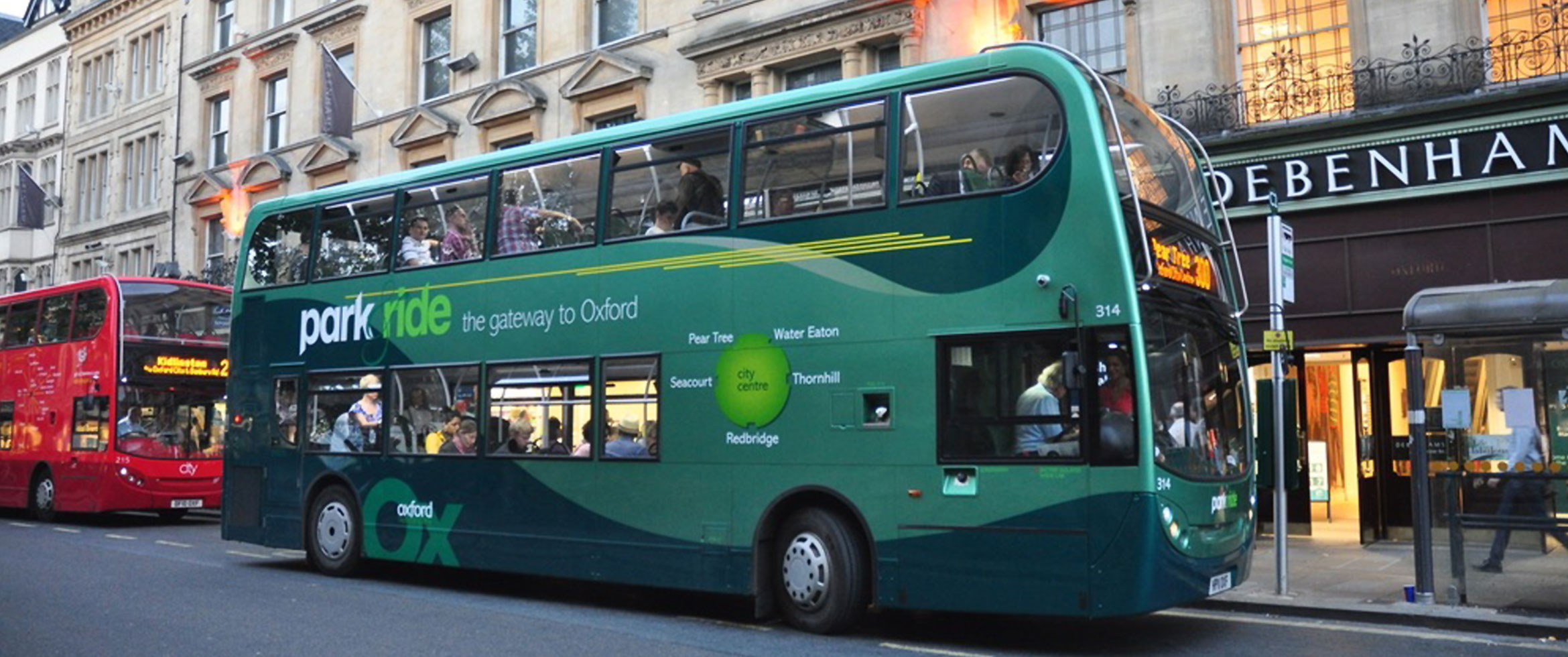Two New Landmark Travel Behavior Case Studies – “City of Austin’s Leave Time Travel Incentive” and “Seattle’s Just One Trip Phase II”
Nominations for Landmark designation of (1) transportation behavior programs and (2) behavioral building energy conservation programs – ONLY ONE MONTH LEFT before nominations close.
Personal and Contextual Factors Supporting the Switch to Transit Use: Evaluating a Natural Transit Intervention
Brown, Barbara B.; Werner, Carol M.; Kim, Naree (2003). Personal and Contextual Factors Supporting the Switch to Transit Use: Evaluating a Natural Transit Intervention. Analyses of Social Issues and Public Policy, 3, 1, 139-160.
Comparing and Combining Theories to Explain Proenvironmental Intentions: The Case of Commuting-Mode Choice
Wall, R., Devine-Wright, P., & Mill, G. (2007). Comparing and combining theories to explain proenvironmental intentions: The case of commuting-mode choice. Environment and Behavior, 39(6), 731-753.
Light Rail Use is More Likely on Walkable Blocks: Further Support for Using Micro-Level Environmental Audit Measures
Werner, C., Brown, B., & Gallimore, J. (2009). Light rail use is more likely on walkable blocks: Further support for using micro-level environmental audit measures. Journal of Environmental Psychology, XX(X) (available online), 1-9.
Smarter Choices: Assessing the Potential to Achieve Traffic Reduction Using 'Soft Measures'
Cairns, S., Sloman, L., Newson, C., Anable, J., Kirkbride, A., Goodwin, P. (2008). Smarter choices: Assessing the potential to achieve traffic reduction using 'Soft measures'. Transport Reviews, 28(5), 593-618.
Acceptability of Travel Demand Management Measures: The Importance of Problem Awareness, Personal Norm, Freedom, and Fairness
Eriksson, L., Garvill, J., & Nordlund, A. (2006). Acceptability of travel demand management measures: The importance of problem awareness, personal norm, freedom, and fairness. Journal of Environmental Psychology, 26(1), 15-26. doi:10.1016/j.jenvp.2006.05.003.
Car Use of Young Adults: The Role of Travel Socialization
Haustein, S., Klöckner, C., & Blöbaum, A. (2009). Car use of young adults: The role of travel socialization. Transportation Research Part F: Traffic Psychology and Behaviour, 12(2), 168-178. doi:10.1016/j.trf.2008.10.003.
How Habits Interfere with Norm-Directed Behaviour: A Normative Decision-Making Model for Travel Mode Choice
Klöckner, C., & Matthies, E. (2004). How habits interfere with norm-directed behaviour: A normative decision-making model for travel mode choice. Journal of Environmental Psychology, 24(3), 319-327. doi:10.1016/j.jenvp.2004.08.004.
Travel Mode Choice of Women: The Result of Limitation, Ecological Norm, or Weak Habit?
Matthies, E., Kuhn, S., & Klöckner, C. (2002). Travel mode choice of women: The result of limitation, ecological norm, or weak habit?. Environment and Behavior, 34(2), 163-177. doi:10.1177/0013916502034002001.



